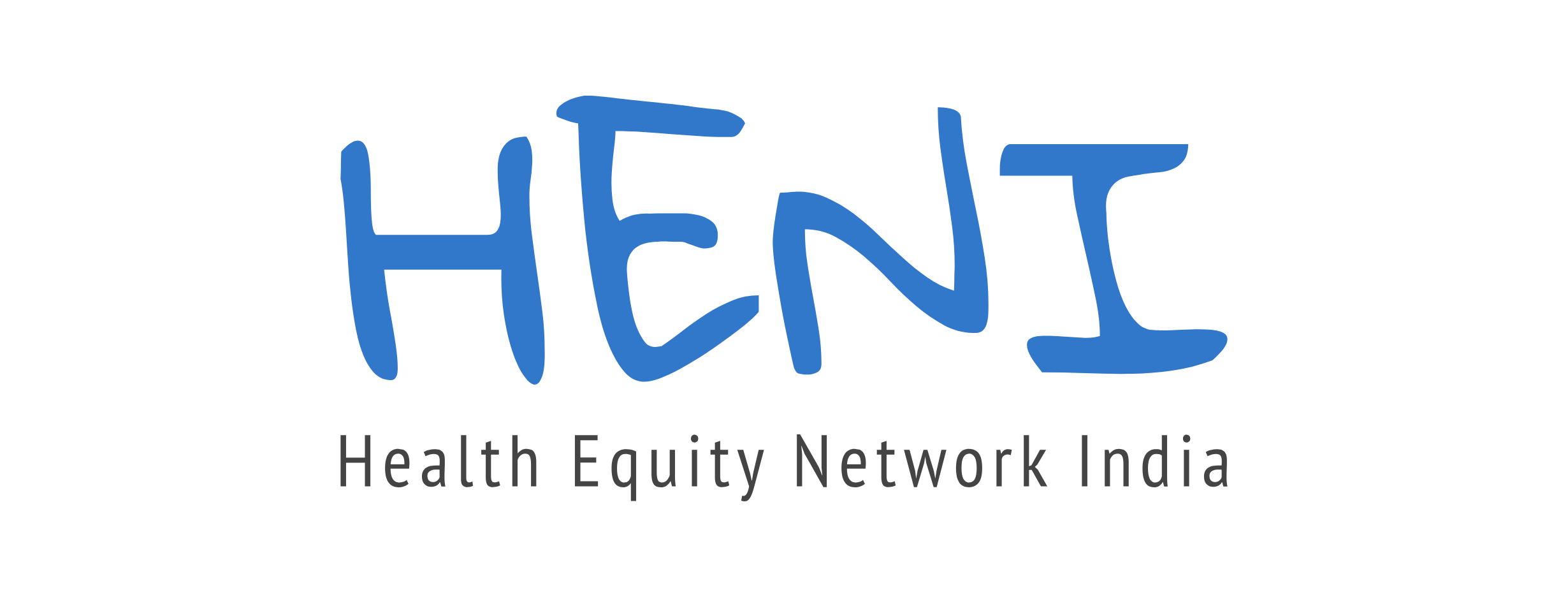The old adage “prevention is better than cure” certainly applies to data privacy. A tiny bit of harmful code posted on your website can cause huge damage. From an ad-hoc pop-up to a compromise of your system, or an unintentional theft of passwords or sessions. As part of your security measures for data you must define the frequency and manner in which your system scans for this type of malicious code and what security measures are in place to limit the risk.
Be sure that the software platforms or scripts you use on your websites are updated regularly. Hackers are constantly looking for security flaws in popular web software applications and an absence of timely updates exposes your system to attack. In addition, you must restrict access to networks or databases to the smallest amount of individuals necessary to perform their jobs.
Create a plan to handle potential breaches and assign a staff member to oversee the process. Depending on the nature of your business, you might need to notify consumers, law enforcement, customers and credit bureaus. This is an important process that should be planned for well in advance.
Create strong password requirements and ensure you have a way to store passwords. For instance, requiring upper and lowercase characters, numerals and special characters. You can also utilize salt and slow hash functions. Avoid storing sensitive information about users, and if you do, minimize the risk by encrypting https://steviedavison.net/what-you-should-do-to-find-out-about-webroot-antivirus-before-you-re-left-behind the data or eliminating it after a certain amount of time.
